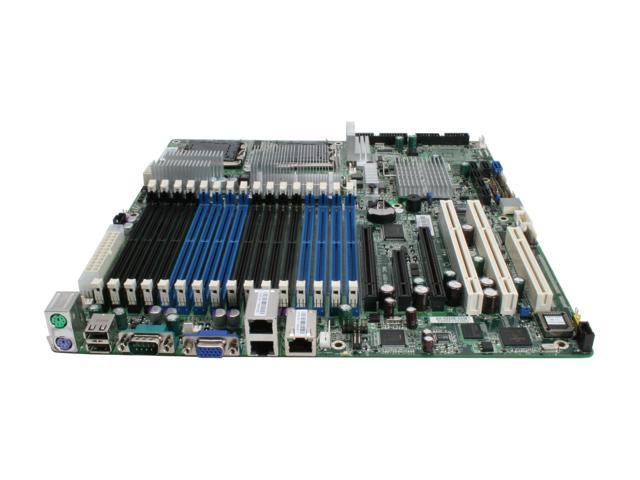For the sandbox, we decided to put extra weight on the 'modular' constraint. This of course puts it in conflict with other constraints I will try to explain why and how.
I like to base this on a nice and short but deep list summarizing good software design.
- Create crisp and resilient abstractions.
- Maintain a good separation of concerns.
- Create a balanced distribution of responsibilities.
- Focus on simplicity.

Taking modularity as our main constraint, we can explore the depth of the statement: Create a balanced distribution of responsibilities. We quickly notice that there is a catch here, and therefore depth. The depth comes from the world 'balanced'. It is pretty vague, and that is how it should be.
I remember dealing with exactly that problem of balancing during coding. At some point the code was so 'modular' that every single class almost did not do anything on it's own.
It was very modular but it was a strange feeling, and it also has its disadvantages like any other constraint, and balancing those conflicts is what it practically comes to, sometimes it is possible, but most of the times it is not.
To give an example we can take any physical piece of electronic equipment. Let us take a server as an example, or even better, a server rack.

In a server rack it is nice to think of one server as a module, and the first thing we see is ... the problem ... a big mess of cables, even if organized ... it is still pretty messy, but there is no way around it. This means, the higher the modularity the more cables, and small extra things to hold those cables nicely bundled and manageable.
In software this would mean taking those modules and using groups of them together to let them do something useful, this is where you have many options as well and flavors thereof: composition, aggregation, component based, virtual inheritance, delegates, functors... Each with it's own advantages and disadvantages.
Let us go one level deeper and examine the insides of one server, how modular is it? It is modular, we can simply see that from the fact that it has cables and removable components inside.
But we could ask for more, we could ask for the motherboard itself be more modular, by demanding to be able to replace The chipset chip, the secondary cache chips or for a graphics card we might to require the ability to replace the RAM easily. But why are these parts not modular. Of course, because of other constraints: performance, cost ...


In software it might be a bit more difficult to judge the limit where modular should stop, eventually, every single statement that is repeated somewhere in the code could be 'modularized' but then the amount of screws, pipes, cables and glue will become larger and much more complicated than the code that actually does something.
It is a tricky balance, and an important one. There is no recipe for it, but there are hints we get from the modules themselves ... does a module need too many cables (function parameters per example) to do something useful? Do I need 10 modules (classes) and a similar amount of pipes(each module having a pointer to some other module) to achieve the smallest module that actually achieves something on the level of detail I am working with? If yes, then it is time to redesign? The price can sometimes be duplication, but we have to learn to accept duplication sometimes.
We can see from all of this that something that is modular and nice from one point of view (or level of detail) might become a pain to work with from another one, it is all really relative, and there is no one design that can look good at all levels of detail, I am convinced of that.
The more levels of detail we want to cover, the more general we want to be, the more we will loose the ability to be optimal for only one task or for only one level of detail, so optimization for the task at hand, the level of detail at hand, will always be inevitable, unless we have infinite resources, which I do not see coming in the next few infinitely many years, So remember: There is no perfection, only beauty. Or: only strive for perfection up to the visible horizon (beauty).


No comments:
Post a Comment